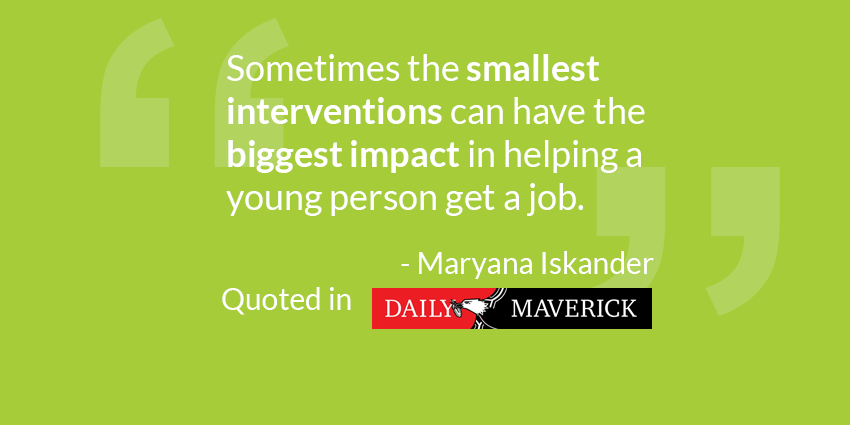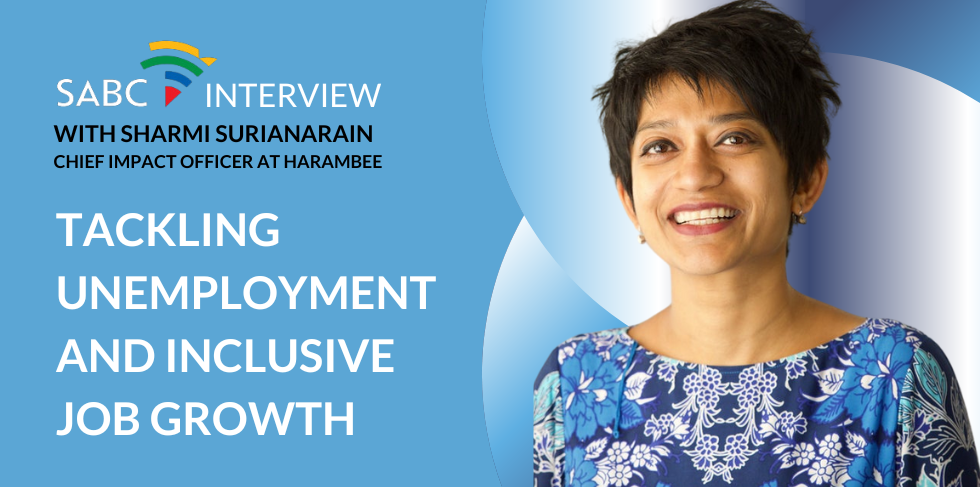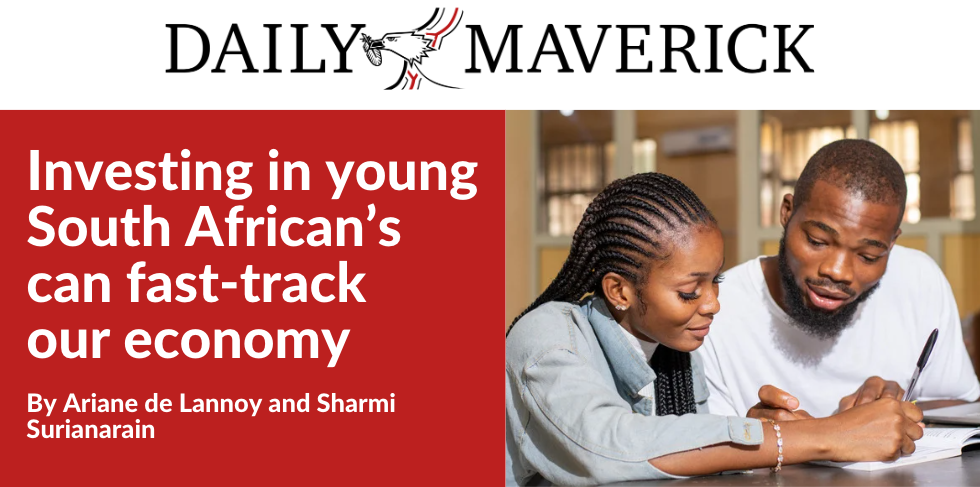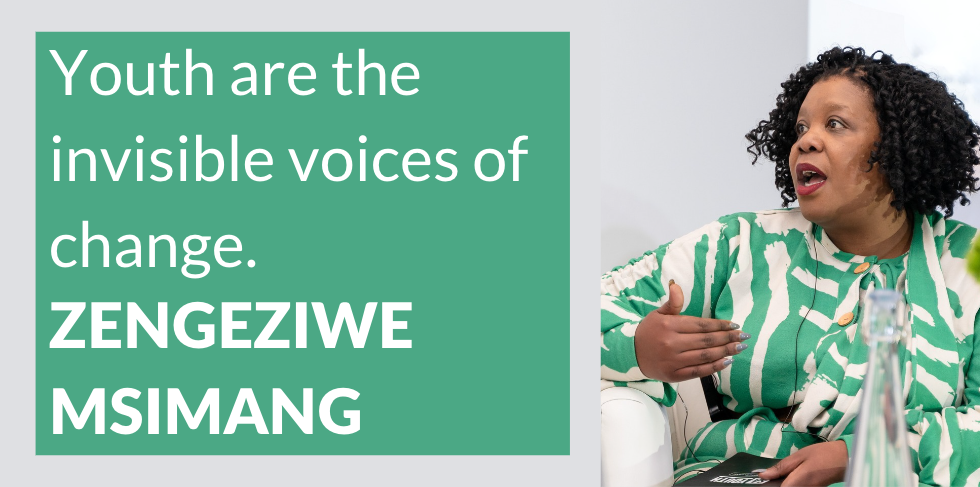It’s the same story time after time. Employers report not being able to find the right talent because of a lack of skills and educational qualifications. And this is what drives inexperienced young work-seekers into long (and expensive) training programmes that focus on skills and qualifications. But for many entry-level jobs, it’s not only about skills. Other attributes – like behaviours and capability – count too.
Sometimes the smallest interventions can have the biggest impact in helping a young person get a job.
In the early days of Harambee Youth Employment Accelerator, we confirmed the obvious fact that it is hard to perform well on a job assessment if you are hungry. In giving an unemployed youth some fruit and a sandwich before they wrote a batch of assessments, we saw they improved their results considerably – by up to 30% – allowing them to better demonstrate their capabilities for entry-level work where they could succeed.
Eight years later, we are still learning from our network of nearly 600,000 work-seekers. A recent study we completed together with Oxford University, Duke University, Stellenbosch University and the World Bank, shows that in the job market, we need to understand signals as much as we understand skills. A signal is a way of communicating credible information in the labour market that gives employers comfort in offering a job to a youth with little or no prior experience.
Early findings from the study show that when work-seekers are given a short report about their competencies to share with potential employers, their likelihood of finding work increases by up to 17% and their earnings by up to 32%, compared to a group who did not receive the report.
The study also explores which signals businesses value most. Employers were asked to rank standardised candidate profiles; the ability to communicate well was found to be the most predictive for entry-level work and earnings. Grit and resilience were also highly valued attributes.
So how do we help young work-seekers with more signals like this? Something that replaces a matric certificate which is typically not considered as useful by employers? We go back to what we learned in the early days: find more interventions that can have an outsized impact.
We still provide unemployed youth with peanut butter sandwiches (Harambee has made over two million so far!) but we also provide young people with the kind of information that can help them better navigate the job market – how to look for jobs, how to use their networks, and how to prepare for an interview so that they are better prepared to answer the common questions that always arise.
We know from the study that young people who are provided with these prompts are about 20% more likely to find work than if they didn’t have the information. For example, recent feedback from a young person who is now working showed us that prior to gaining a few email tips, she had no idea how to compose a business email, from the simple need for a subject line to the basics of crafting a coherent and understandable message.
Young work-seekers don’t always know how to express what they can do. Businesses need to learn to ask different questions. Instead of just focusing on educational qualifications and prior work experience, ask about things they have done before like volunteering or self-directed learning. Ask if someone else – like a teacher or a community leader – can provide them with a reference. And if someone works for you, even for a short period of time, offer to do the same and give them a reference for the next opportunity. These are the small ways we can make an outsized impact for young people on the job hunt.
This article was written by Maryana Iskanker, CEO of Harambee Youth Employment Accelerator, and appeared in the Opinionistas section of the online edition of the Daily Maverick (15 May 2019) under the headline “Why ‘signals’ can matter as much as skills in youth employment“.





 Stay Connected
Stay Connected

